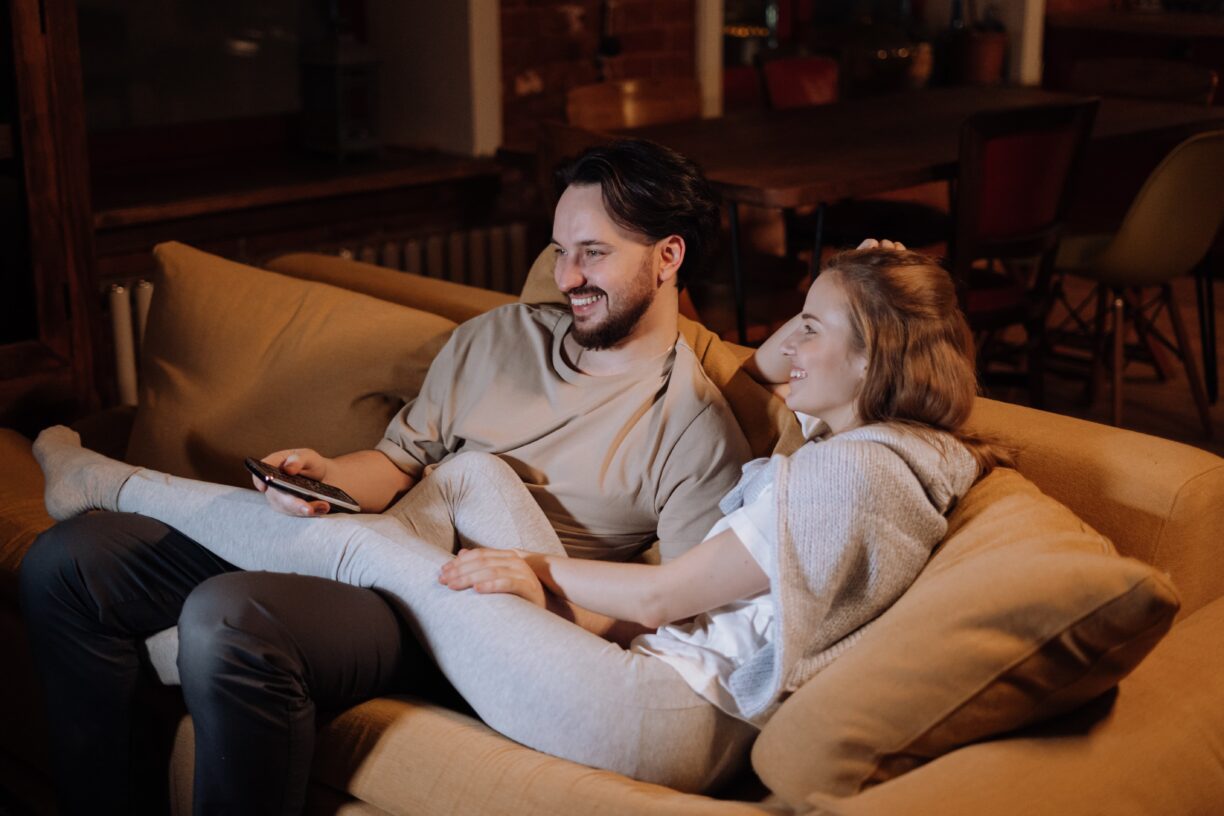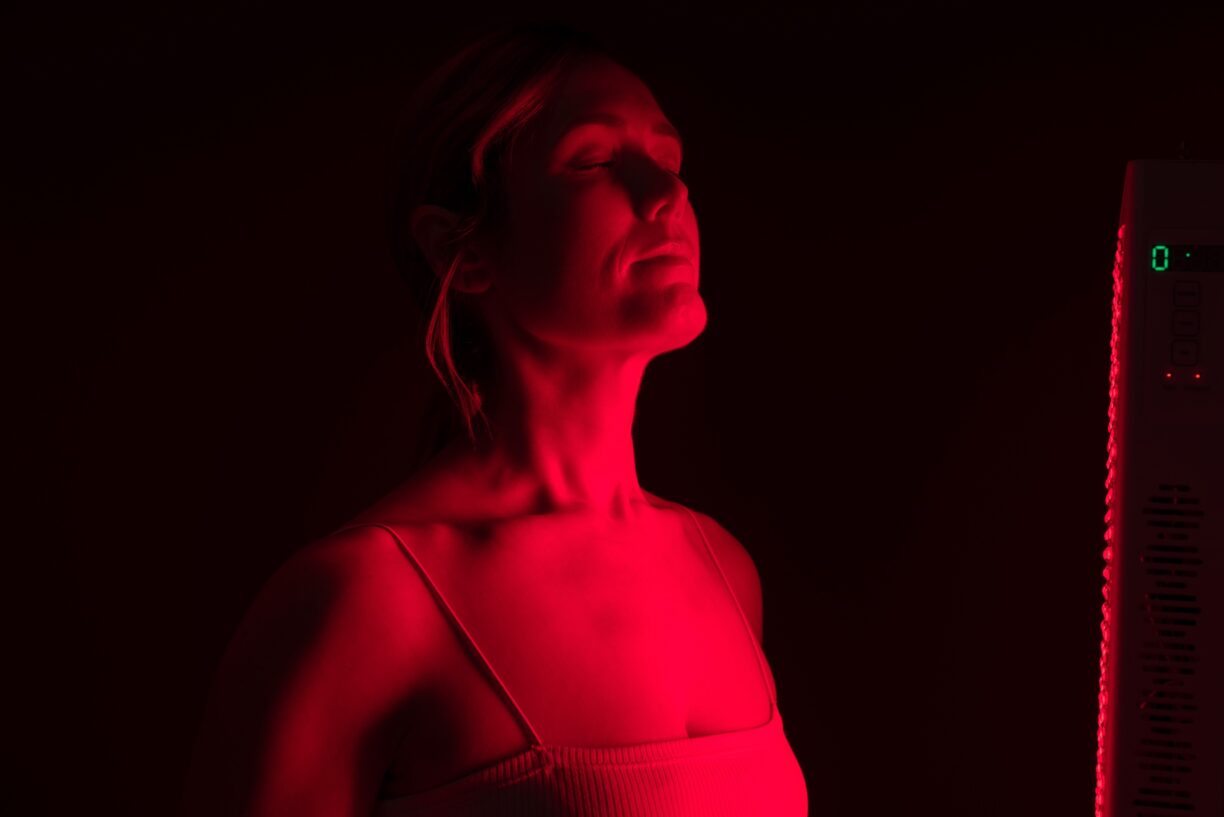Striking a balance between physical activity and mental health can be a transformative journey. While exercise is widely known for its physical benefits, it plays a crucial role in emotional wellness as well.
For those finding that their struggles go beyond what regular fitness routines can address, considering a more structured approach like an Intensive Outpatient Program (IOP) for mental health concerns may be valuable.
An IOP can provide comprehensive support when fitness alone is not enough to manage mental health challenges.
This approach offers therapeutic strategies and guidance, allowing individuals to address anxiety, depression, or other issues intensively.
Personalised outpatient treatment for mental health can bridge the gap for those who need more than self-care but less than hospitalisation.
By integrating these methods, one can effectively tackle mental health hurdles while also engaging in physical activities that enhance resilience.
A well-rounded fitness routine can support mental resilience, but when deeper issues persist, it’s essential to explore broader options.
Engaging in an IOP helps not only in healing but also in developing practical skills for long-term well-being. As conversations around mental health gain momentum, understanding when additional help is needed can be a significant step toward overall wellness.
Understanding the Need for an IOP in Fitness
Intensive Outpatient Programs (IOPs) in fitness can be vital for addressing the mental health issues that athletes may face.
These programs focus on the specific challenges of anxiety, depression, eating disorders, and body dysmorphia, offering tailored support to improve mental well-being.
Identifying Mental Health Challenges in Athletes
Athletes deal with significant stress, which can lead to various mental health issues. Performance pressure and rigorous training schedules often contribute to anxiety and depressive symptoms.
This stress can also affect body functions like circulation, possibly leading to physical health concerns. Recognising these challenges early is crucial for addressing them effectively.
IOPs offer structured support, helping athletes manage mental health challenges through targeted interventions and preventive strategies. By staying attentive to these signs, one can ensure timely treatment to support both mental and physical health.
The Role of IOP in Treating Anxiety and Depression
Intensive outpatient programs are essential for those dealing with anxiety and depression within the fitness field. These programs provide structured therapeutic sessions, which can include individual counselling, group therapy, and other mental health services.
They aim to alleviate symptoms by fostering a supportive environment and understanding the unique needs of fitness enthusiasts. The approach helps athletes maintain their training while receiving critical mental health support.
By addressing anxiety and depressive symptoms, IOPs facilitate a balanced mental state, promoting overall well-being and performance improvement.
Eating Disorders and Body Dysmorphia in Fitness
Fitness culture can sometimes contribute to unhealthy body image issues and eating disorders. Body dysmorphia, characterised by an obsessive focus on perceived body flaws, is a concern that can deeply affect athletes.
IOPs focus on such concerns by offering specialised treatment options. Therapies may involve nutritional counselling, psychotherapy, and peer support groups, which address the psychological aspects of these disorders.
The aim is to develop a healthier self-image and attitudes toward food and body perception. By providing comprehensive care, IOPs can support individuals in their recovery journey, helping them achieve a balanced relationship with their body and fitness goals.
Tailoring IOP for Fitness Enthusiasts
Incorporating fitness into Intensive Outpatient Programs (IOPs) creates a holistic approach that simultaneously addresses physical and mental well-being. The following areas are crucial for optimising the integration of physical activity and mental health treatment.
Integrating Physical Activity with Mental Health Treatment
Physical activity can play a significant role in managing mental health. Strategies like yoga, walking, and swimming are not just beneficial for physical fitness but also support emotional wellness. Regular physical activities in an IOP setting help release endorphins, which can boost mood and reduce anxiety.
Exercise routines tailored to individual preferences encourage better participation and outcomes. This may involve group activities or one-on-one counselling sessions focusing on physical fitness goals. Including certified professionals ensures safe and effective exercise plans that align with therapeutic objectives.
Support Services and Treatment Modalities
Complementary support within IOPs is vital for enhancing mental health outcomes for fitness enthusiasts. Services like counselling, group therapy, and Cognitive Behavioural Therapy (CBT) offer comprehensive care. These modalities are designed to support the emotional needs of individuals undergoing treatment.
Telehealth and virtual care options provide flexibility and can be integrated with in-person sessions, offering diverse treatment avenues. Tailoring therapy schedules around physical activities not only accommodates enthusiasts’ routines but also enriches the therapeutic process by aligning fitness and mental health progress.
Financial Assistance and Access to Care
Cost can often pose a barrier to access, yet there are various means to help manage the financial aspects of IOPs.
Many programs offer financial assistance or sliding scale fees to ensure services are accessible to a wider audience. Understanding the options available through insurance or government funding programs can also reduce costs.
Outpatient services strive to provide flexible payment plans that meet individual needs. By improving accessibility, more fitness enthusiasts can benefit from comprehensive mental health services. Additionally, access to virtual resources may cut down on costs related to travel and time, making treatment more feasible.





